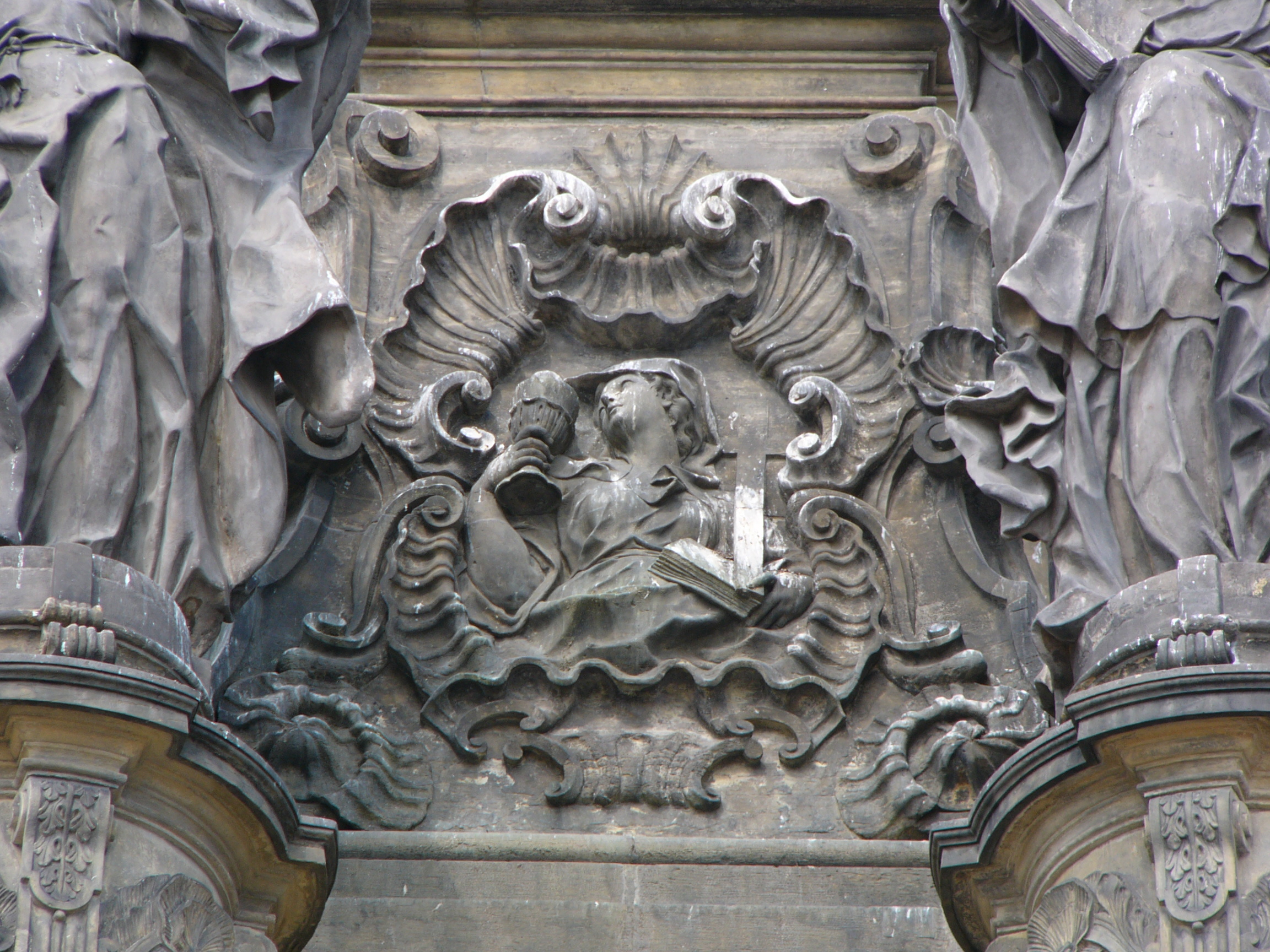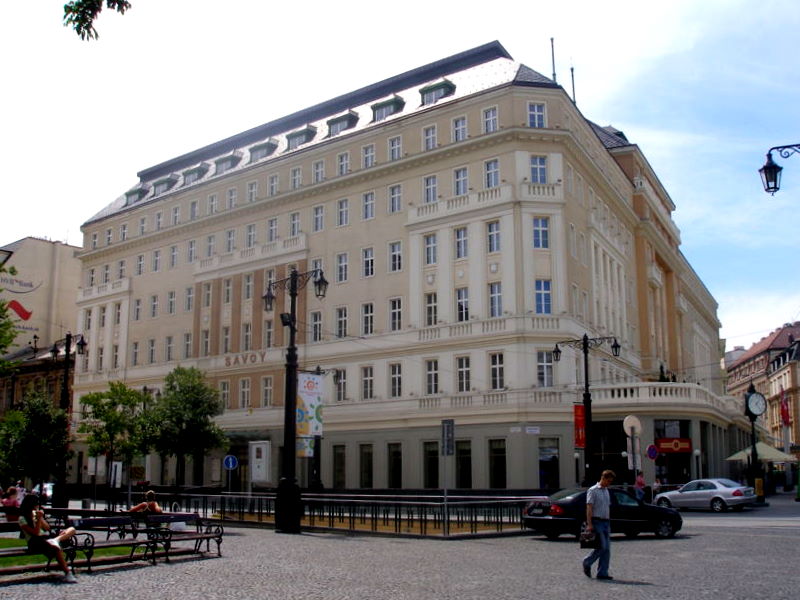|
Acts Of Peter And The Twelve
The ''Acts of Peter and the Twelve'' or the ''Acts of Peter and the Twelve Apostles'' is a Christian text. It is the first tractate in Codex VI of the Nag Hammadi library. The text takes up pages 1–12 of the codex, which contains 78 pages total. The writing extends the Parable of the Pearl from Matthew 13:45–46. In the text, Peter the Apostle meets a pearl merchant named Lithargoel, who is later revealed to be Jesus. Jesus commands the apostles to care for the poor. History Before its discovery in Nag Hammadi, Egypt in 1945, the text was completely unknown. The discovered text is written in Coptic and was likely created in c. 300–350 AD. The retention of two Greek vocatives in the text, however, is evidence that the tractate is a translation of a Greek original. Scholars give a general estimate for the date of the original as the 2nd or 3rd century AD, but its final redaction may have been written as late as 367 AD. The first four sheets of papyrus, containing pages 1 ... [...More Info...] [...Related Items...] OR: [Wikipedia] [Google] [Baidu] |
Christianity
Christianity is an Abrahamic monotheistic religion based on the life and teachings of Jesus of Nazareth. It is the world's largest and most widespread religion with roughly 2.38 billion followers representing one-third of the global population. Its adherents, known as Christians, are estimated to make up a majority of the population in 157 countries and territories, and believe that Jesus is the Son of God, whose coming as the messiah was prophesied in the Hebrew Bible (called the Old Testament in Christianity) and chronicled in the New Testament. Christianity began as a Second Temple Judaic sect in the 1st century Hellenistic Judaism in the Roman province of Judea. Jesus' apostles and their followers spread around the Levant, Europe, Anatolia, Mesopotamia, the South Caucasus, Ancient Carthage, Egypt, and Ethiopia, despite significant initial persecution. It soon attracted gentile God-fearers, which led to a departure from Jewish customs, and, a ... [...More Info...] [...Related Items...] OR: [Wikipedia] [Google] [Baidu] |
Claremont Graduate University
The Claremont Graduate University (CGU) is a private, all-graduate research university in Claremont, California. Founded in 1925, CGU is a member of the Claremont Colleges which includes five undergraduate (Pomona College, Claremont McKenna College, Harvey Mudd College, Scripps College, Pitzer College) and two graduate (CGU and Keck Graduate Institute of Applied Life Sciences) institutions of higher education. The university is organized into seven separate units: the School of Arts & Humanities; School of Community & Global Health; Drucker School of Management; School of Educational Studies; the School of Social Science, Policy, & Evaluation; the Center for Information Systems & Technology; and the Institute of Mathematical Sciences. It is classified among " R2: Doctoral Universities – High research activity." History Founded in 1925, CGU was the second of the Claremont Colleges to form, following Pomona College and preceding Scripps College. The school has undergone se ... [...More Info...] [...Related Items...] OR: [Wikipedia] [Google] [Baidu] |
Lorenzo Costa (c
Lorenzo Costa (1460 – 5 March 1535) was an Italian painter of the Renaissance. Biography He was born at Ferrara, but moved to Bologna by his early twenties, and was probably influenced by the Bolognese School. However, many artists worked in both cities, and thus some consider him a product of the School of Ferrara. It is possible that he trained with Cosimo Tura. In 1483 he painted the famous ''Bentivoglio Altarpiece'' and other frescoes on the walls of the Bentivoglio chapel in San Giacomo Maggiore. He was a great friend of Francesco Francia, who was much influenced by him. In 1509 he moved to Mantua to become the court painter of Marquis Francesco Gonzaga and Isabella d'Este. For the latter's studiolo in the Ducal Palace, he painted the ''Allegory of Isabella d'Este's Coronation'' (now at the Louvre) and the '' Reign of Comus'', two mythological paintings based on Mantegna's drawings. He died at Mantua in 1535. His sons Ippolito and Girolamo were also painters, a ... [...More Info...] [...Related Items...] OR: [Wikipedia] [Google] [Baidu] |
Faith In Christianity
Within Christianity, faith, in one sense, is often discussed in terms of believing God's promises, trusting in his faithfulness, and relying on God's character and faithfulness to act. Some denominations believe in the New Covenant and in the doctrine of salvation by faith alone (''sola fide''). According to most Christian traditions and denominations, Christian faith requires a belief in the resurrection of Jesus, and the Agony in the Garden which Jesus states is the plan of God the Father. Since the Protestant Reformation of the 16th century the meaning of the term "faith" has been an object of major theological disagreement in Western Christianity. The differences have been largely overcome in the Joint Declaration on the Doctrine of Justification (1999).The precise understanding of the term "faith" differs among the various Christian traditions. Despite these differences, Christians generally agree that faith in Jesus lies at the core of the Christian tradition, and that su ... [...More Info...] [...Related Items...] OR: [Wikipedia] [Google] [Baidu] |
God The Father
God the Father is a title given to God in Christianity. In mainstream trinitarian Christianity, God the Father is regarded as the first person of the Trinity, followed by the second person, God the Son Jesus Christ, and the third person, God the Holy Spirit. Since the second century, Christian creeds included affirmation of belief in "God the Father ( Almighty)", primarily in his capacity as "Father and creator of the universe". However, in Christianity the concept of God as the father of Jesus Christ goes metaphysically further than the concept of God as the creator and father of all people, as indicated in the Apostles' Creed where the expression of belief in the "Father almighty, creator of heaven and earth" is immediately, but separately followed by in "Jesus Christ, his only Son, our Lord", thus expressing both senses of fatherhood. Christianity Overview In much of modern Christianity, God is addressed as the Father, in part because of his active interest in huma ... [...More Info...] [...Related Items...] OR: [Wikipedia] [Google] [Baidu] |
Robbery
Robbery is the crime of taking or attempting to take anything of value by force, threat of force, or by use of fear. According to common law, robbery is defined as taking the property of another, with the intent to permanently deprive the person of that property, by means of force or fear; that is, it is a larceny or theft accomplished by an assault. Precise definitions of the offence may vary between jurisdictions. Robbery is differentiated from other forms of theft (such as burglary, shoplifting, pickpocketing, or car theft) by its inherently violent nature (a violent crime); whereas many lesser forms of theft are punished as misdemeanors, robbery is always a felony in jurisdictions that distinguish between the two. Under English law, most forms of theft are triable either way, whereas robbery is triable only on indictment. The word "rob" came via French from Late Latin words (e.g., ''deraubare'') of Germanic origin, from Common Germanic ''raub'' "theft". Among the types ... [...More Info...] [...Related Items...] OR: [Wikipedia] [Google] [Baidu] |
Fasting
Fasting is the abstention from eating and sometimes drinking. From a purely physiological context, "fasting" may refer to the metabolic status of a person who has not eaten overnight (see " Breakfast"), or to the metabolic state achieved after complete digestion and absorption of a meal. Metabolic changes in the fasting state begin after absorption of a meal (typically 3–5 hours after eating). A diagnostic fast refers to prolonged fasting from 1 to 100 hours (depending on age) conducted under observation to facilitate the investigation of a health complication, usually hypoglycemia. Many people may also fast as part of a medical procedure or a check-up, such as preceding a colonoscopy or surgery, or before certain medical tests. Intermittent fasting is a technique sometimes used for weight loss that incorporates regular fasting into a person's dietary schedule. Fasting may also be part of a religious ritual, often associated with specifically scheduled fast days, as determ ... [...More Info...] [...Related Items...] OR: [Wikipedia] [Google] [Baidu] |
Gazelle
A gazelle is one of many antelope species in the genus ''Gazella'' . This article also deals with the seven species included in two further genera, ''Eudorcas'' and ''Nanger'', which were formerly considered subgenera of ''Gazella''. A third former subgenus, ''Procapra'', includes three living species of Asian gazelles. Gazelles are known as swift animals. Some are able to run at bursts as high as or run at a sustained speed of . Gazelles are found mostly in the deserts, grasslands, and savannas of Africa; but they are also found in southwest and central Asia and the Indian subcontinent. They tend to live in herds, and eat fine, easily digestible plants and leaves. Gazelles are relatively small antelopes, most standing high at the shoulder, and are generally fawn-colored. The gazelle genera are ''Gazella'', ''Eudorcas'', and ''Nanger''. The taxonomy of these genera is confused, and the classification of species and subspecies has been an unsettled issue. Currently, the genu ... [...More Info...] [...Related Items...] OR: [Wikipedia] [Google] [Baidu] |
Lodging
Lodging refers to the use of a short-term dwelling, usually by renting the living space or sometimes through some other arrangement. People who travel and stay away from home for more than a day need lodging for sleep, rest, food, safety, shelter from cold temperatures or rain, storage of luggage and access to common household functions. Lodging is a form of the sharing economy. Lodging is done in a hotel, motel, hostel, inn or hostal, a private home (commercial, i.e. a bed and breakfast, a guest house, a vacation rental, or non-commercially, as in certain homestays or in the home of friends), in a tent, caravan/campervan (often on a campsite). Lodgings may be self-catering, whereby no food is provided, but cooking facilities are available. Lodging is offered by an owner of real property or a leasehold estate, including the hotel industry, hospitality industry, real estate investment trusts, and owner-occupancy houses. Lodging can be facilitated by an intermediary such as a ... [...More Info...] [...Related Items...] OR: [Wikipedia] [Google] [Baidu] |





